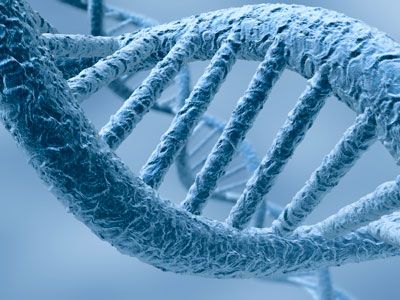Trastuzumab Biosimilar Is Prequalified by WHO in an Effort to Fill Gaps in Breast Cancer Treatment
A trastuzumab biosimilar has officially been prequalified as the first biosimilar by the World Health Organization, which may be used for the treatment of breast cancers, according to a press release. The organization predicts this will be more affordable for patients and will, therefore, expand access to treatment.

A trastuzumab biosimilar has officially been prequalified as the first biosimilar by the World Health Organization (WHO), which may be used for the treatment of breast cancers, according to a press release. The organization predicts this will be more affordable for patients and will, therefore, expand access to treatment.
The biosimilar was developed by Samsung Bioepis NL B.V., and was found to be comparable to trastuzumab in terms of efficacy, safety, and quality. Based on this finding, the biosimilar agent is eligible for procurement by the United Nations and for national submission.
“WHO prequalification of biosimilar trastuzumab is good news for women everywhere,” Tedros Adhanom Ghebreyesus, PhD, Director-General of WHO, said in a statement. “Women in many cultures suffer from gender disparity when it comes to accessing health services. In poor countries, there is the added burden of a lack of access to treatment for many and the high cost of medicines. Effective, affordable breast cancer treatment should be a right for all women, not the privilege of a few.”
The biosimilar follows many other trastuzumab biosimilars, 5 which have been approved by then FDA, including trastuzumab-dkst (Ogivri), trastuzumab-pkrb (Herzuma), trastuzumab-dttb (Ontruzant), trastuzumab-qyyp (Trazimera), and (trastuzumab-anns (Kanjinti).
The development of the WHO-endorsed trastuzumab biosimilar serves an apparent unmet need for treatment access among women with breast cancer around the world. WHO reported findings from a recent prospective international observational study that showed within 1 year of diagnosis, 17% of all women had not begun cancer treatment (n = 227). Out of 1325 total patients, 185 had not begun treatment and had stage I to III breast cancer (14%). The survey revealed that treatment costs were among the key self-reported causes of treatment delay.
Outside of this study, the International Agency for Research on Cancer of WHO predicts that the number of untreated patients around the world will increase. Specifically, it may reach 3.1 million by 2040. The center also predicts that mostly low- and middle-income countries will be impacted by treatment costs for breast cancer.
“We need to act now and try to avoid more preventable deaths,” Mariângela Simão, MD, WHO Assistant Director General for Medicines and Health Products, said in a statement. “The availability of biosimilars has decreased prices, making even innovative treatments more affordable and hopefully available to more people.”
The biosimilar for trastuzumab costs roughly 65% less than the originator, which averages about $20,000 around the world.
WHO added the new trastuzumab, monoclonal antibody to its Essential Medicines List in 2015 and considers it an essential treatment for roughly 20% of breast cancers. The biosimilar has since shown good activity when administered to patients with breast cancer.
Reference:
WHO prequalifies first biosimilar medicine to increase worldwide access to life-saving breast cancer treatment [news release]. Geneva, Switzerland: World Health Organization; December 18, 2019. https://bit.ly/35Jh4RD. Accessed December 19, 2019.